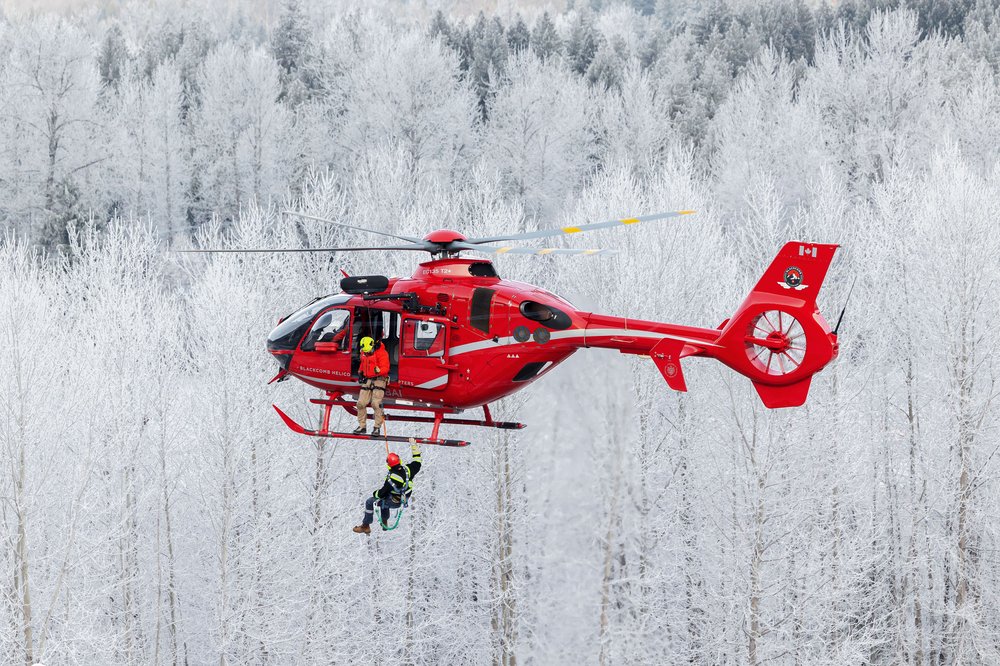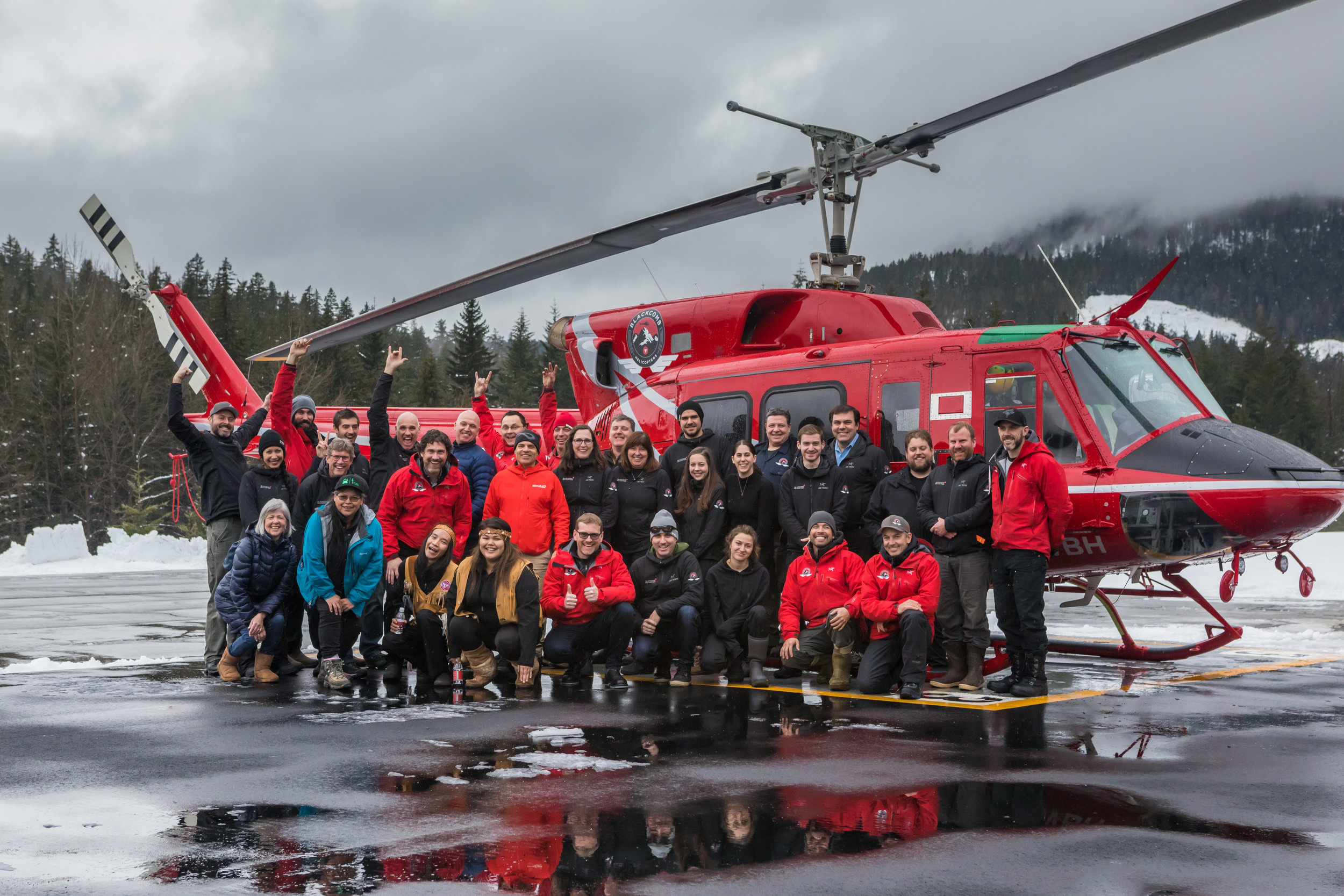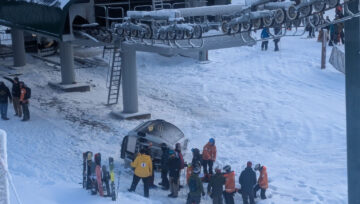End of an Era? Blackcomb Helicopters Faces Uncertain Future
Blackcomb Helicopters, a cornerstone of British Columbia’s aviation and mountain service industry since 1989, appears to be facing turbulent skies. What began as a modest, Whistler-based operation built on technical flying—forest firefighting, construction support, and search and rescue—has evolved into one of Western Canada’s most recognized helicopter companies. But a recent wave of layoffs, asset sales, and operational downsizing suggests a company in crisis.
Founded by veteran pilot Steve Flynn, Blackcomb Helicopters was launched with a focus on utility flying and quickly expanded its role in Whistler’s growing tourism economy. From transporting hot tubs to heli-skiers, the company played a behind-the-scenes role in building and showcasing the Sea to Sky corridor. In the early days, they famously flew in the windsock for the Whistler Heliport’s opening and once airlifted a bear from a landfill in 1994—an example of the wide-ranging nature of their work.
Acquired in 2006 by MCM Aviation, a partnership between the McLean Group and Omega Aviation, the company retained its original identity under the new ownership. Flynn remained as general manager, and the brand continued to thrive—offering heli-skiing, scenic flights, film production logistics, medevac support, and ongoing collaborations with Whistler Blackcomb. Their aircraft and operations were known to be top-tier, with a strong reputation among pilots and industry veterans.
But recent developments are raising alarms.
Despite being awarded a contract with Alberta Wildfire for hoisting operations, Blackcomb Helicopters announced this week that it is disposing of its entire fleet of Bell 212s—a move that undermines its future in wildfire suppression and heavy-lift operations. Multiple bases, including Pemberton, Springbank, and Lillooet, are now for sale. A number of employees were reportedly let go this week.
A memo circulated internally outlined plans that only the Squamish, Whistler and Boundary Bay locations will be continuing to be operated, along with the company jet, a small number of AS350 Astars, and the Bell 135 fleet. The intention to sell off the Alberta base further casts doubt on the company’s long-term commitment to wildfire support.
This instability follows the January passing of the McLean family patriarch, who played a guiding role in the company’s ownership group. With leadership succession unclear, it seems the new direction may not align with the company’s historical focus or future growth.
Industry insiders and former colleagues are watching the situation closely. “They’ve always been top-notch, with great gear,” said one industry source. “No one saw this coming—especially not after they secured the Alberta Wildfire contract. You’d think they’d want to keep those 212s turning.”
The list of companies capable of taking over Blackcomb’s specialized hoisting role is short. Names like Ascent Helicopters or Wildcat Helicopters have been floated, but the scale and timing of Blackcomb’s exit could leave a temporary void in service delivery.
Jonathan Burke, President of Blackcomb Helicopters:
“The new direction is a focus on our core business: tourism, BC Hydro, and Shell. Blackcomb is seeking to reduce the volatility associated with the wildfire sector. Leadership succession has been anything but unclear—the sad passing of the McLean Group co-founder followed more than a decade of succession and transition planning. Furthermore, his passing had no bearing on the decisions made by the board and ownership group at Blackcomb Helicopters.”
Regarding the company’s future:
“Blackcomb Helicopters has always supported the alpine industry. Moreover, affiliated businesses such as AlpX Expeditions, Coast Range Heliskiing, Coast Range Helibiking, and Tyax Adventures were expressly excluded from the recent organizational changes—aside from a very limited impact on heliskiing, related to simplifying the fleet and focusing on the AS350 B3E/H125 models for tourism.”
After more than 30 years of service to communities, emergency operations, and the mountain lifestyle itself, the possible winding down of Blackcomb Helicopters marks a turning point not just for a company, but for an entire era of helicopter-supported alpine access in British Columbia.












Comments